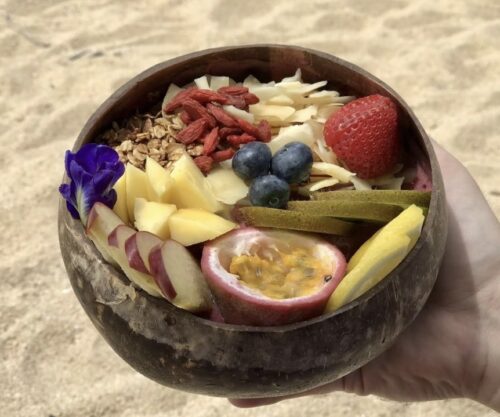
Diabetes, a condition that can result in heart attack, heart failure, stroke, and kidney failure, is linked to high blood sugar, also known as hyperglycemia.
When your body does not create enough insulin or does not utilise it well, high blood sugar results. According to the Centers for Disease Control and Prevention, it affects 13% of all Americans overall and 25% of people 65 and over.
Lowering blood sugar is a long-term objective if you have diabetes. The Centers for Disease Control and Prevention (CDC) state that it aids in preventing or postponing diabetes complications, such as heart, kidney, eye, and nerve problems. It may completely alter how the disease develops.
Here is how you can lower your blood sugar levels naturally.
Drink loads of water:
A lot of water helps your kidneys eliminate extra sugar. According to research, those who drink more water have a lower risk of acquiring high blood sugar. And never forget that water is better. Sugary beverages increase blood sugar by making it rise even higher.
Consume more fibre:
Your body takes longer to digest and absorb sugar when you consume fibre. This implies that it encourages more gradual rises in blood sugar levels. All types of fibre are beneficial to the body, however soluble fibre is the greatest for better blood sugar regulation.
According to Grady Health by assisting the body in controlling blood sugar, high fibre diets can also help treat type 1 diabetes. Foods high in fibre include fruits, vegetables, legumes, and whole grains.
Incorporate chromium- and magnesium-rich meals:
Deficits in minerals like chromium and magnesium, which control blood sugar, are associated with high blood sugar levels. Meats, fruit, vegetables, and nuts are some of the foods high in chromium. Foods high in magnesium include dark, leafy greens, pumpkin and squash seeds, tuna, whole grains, dark chocolate, bananas, and beans.
Exercise:
Regular exercise can help you become more insulin sensitive, which will enable your cells to use the blood’s sugar more effectively and lower your blood sugar levels. Weightlifting, brisk walking, running, bicycling, dancing, hiking, and swimming are all beneficial types of exercise.
Control your carbohydrate intake:
Your body turns carbohydrates into sugar, which insulin then aids in using and storing for energy. By watching your food intake and making meal plans, you can assist your body in regulating your blood sugar. A low-carb diet can be beneficial in the long run and helps minimize sugar surges.
Get enough sleep:
Insufficient sleep can increase appetite and encourage weight gain, which can influence blood sugar. Lack of sleep raises cortisol levels, which are crucial for controlling blood sugar.




